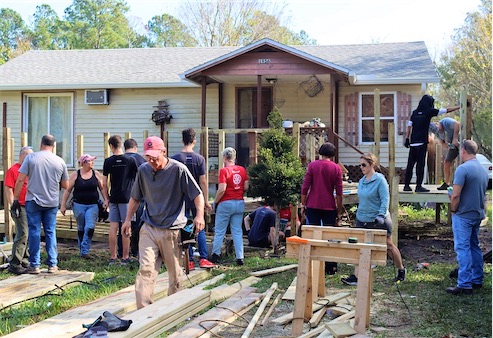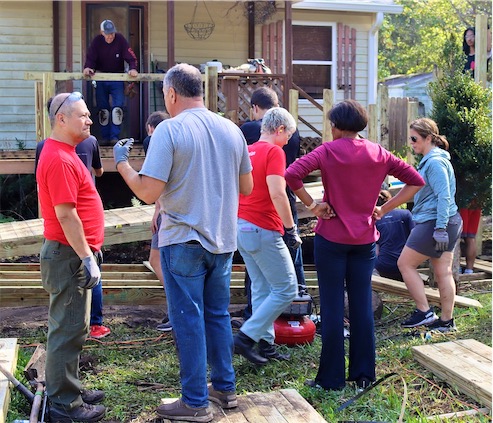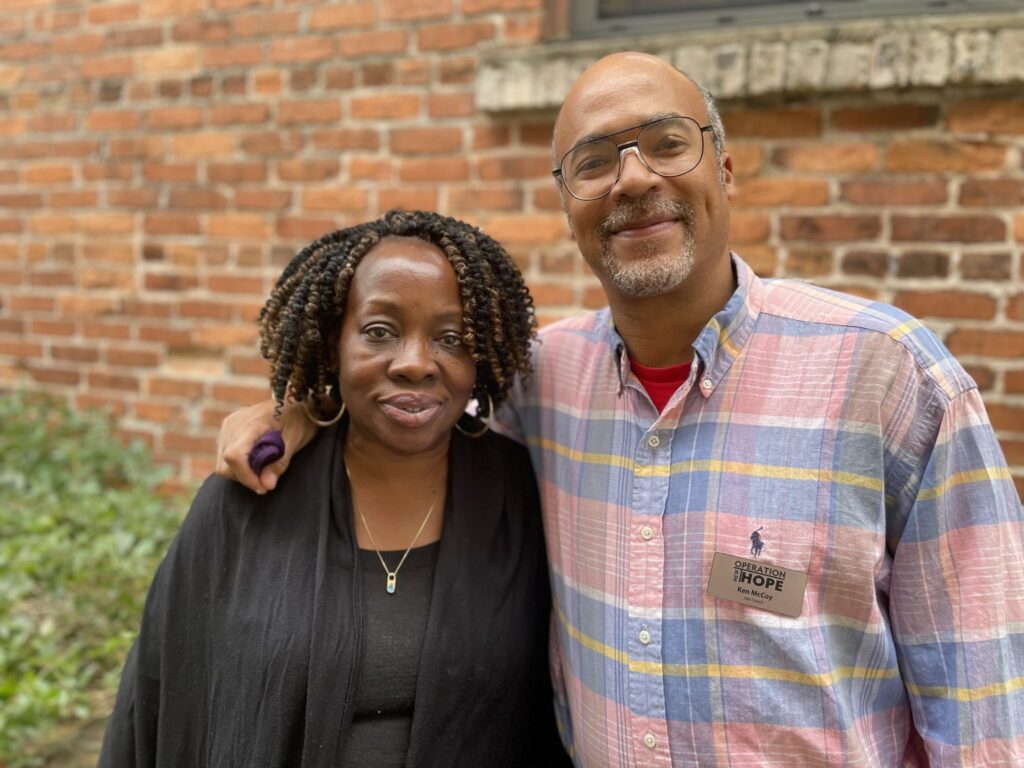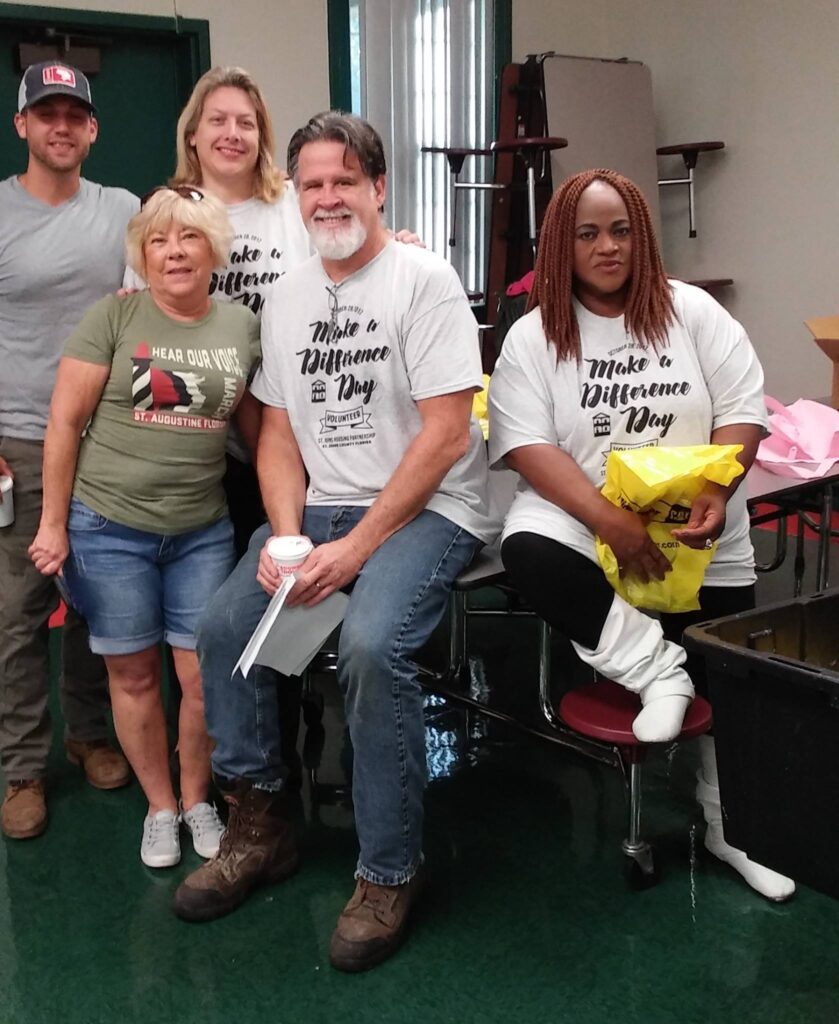7 Things You Should Know About Wills And Inherited Property In Florida
Whether you have inherited property or you’re planning on naming your own heirs to gift your property too; estate planning is one of those things most people won’t take the time to do. Especially when it comes to answering questions of drafting a will. Creating your last will and testament can create a lot of emotions, both good and bad, especially if the question of administration may ultimately result in going through probate.
While there are alternative options to consider, many Florida residents find wills to be the fastest and most effective way of ensuring the succession of property. Unfortunately, they are also more subject to interpretation and highly contested by heirs and any spouses. , Also creditors tend to show up as well. But there’s a few things to know about wills and inheriting property, both generally and in Florida specifically. Here are a few things you may want to keep in mind.
- What Happens If Someone Dies Without A Will Or A Living Trust?
Florida, much like other states, adheres to a process known as intestate law wherein any assets left behind, (not named within the terms of a will or trust) are gradually distributed to close relatives; beginning with a surviving spouse and any kids, depending on how you received title and whether it was as “joint tenancy with right of survivorship”.In fact, in most cases in Florida the spouse receives half of the intestate property, assuming there is one; if not, it’s descendants of the deceased who receive the property, beginning with immediate children and eventually widening out to other non-immediate relatives. This can also be one of the chief causes for dispute in probate court, however; and a court-appointed executor of an estate does not need to have any history with either the deceased nor their heirs.Certain assets are exempt from intestate laws, including:
• Property in a living trust
• Life insurance proceeds
• Funds in an IRA, 401(k), or other retirement account
• Stock and other Securities in a transfer-on-death account
• Payable-on-death bank accounts
• Real estate held in a Life Estate or Lady Bird deed
• Property owned with no outstanding debt in a joint tenancy
However since these are typically either co-owned or designated to a named beneficiary, they are almost universally never entered into probate disputes. - Do Taxes Need To Be Filed After Death In Florida?
Federal taxes will usually not need to be filed by either the named personal representative of an estate (which can include an heir) for property not entered into probate; or a court-appointed executor for probate property. However, any taxes due to the IRS, may have to be paid as they are a creditor. They may have to be taken out of the estate prior to distribution to heirs and beneficiaries. Of course please seek legal advice as we’re not attorneys. - Is There An Inheritance Tax In Florida?
Thankfully, there is no state inheritance tax in Florida. With regard to their personal taxes, heirs get what’s called a “Step-Up” in basis. The property is usually appraised after death and this appraised amount is the tax basis of the property. Its like the heirs bought the property for the appraised value at the death of the decedent. They would now pay taxes on this “profit” if the property is sold for more than this amount.
Florida residents can still be subject to federal estate tax laws only if the value of the deceased’s assets are greater than $11,580,000 in 2020. Florida’s state inheritance tax exemptions do not stop future property taxes on physical homes or capital gains taxes on rental property; the latter of which are taxes that are paid when an asset that has gone up in value is sold. - Does All Inherited Property Need To Be Entered Into Probate?
Generally yes, in Florida, unless the property has been deeded away prior to the decedent’s death. - Can Creditors Claim Inherited Property?
Creditors can stake a claim on non-homesteaded property. But usually not non-homesteaded property, unless there’s a mortgage. - If I’ve Inherited A Home Under Debt Can I Force A Sale?
In most cases, the answer is yes. You’ll need an attorney. If there’s a mortgage on the property, SJHP is usually able to re-instate the loan or execute what’s called a Short Sale. A Short Sale is when the bank agrees to take less than the loan balance; usually due to repairs or lack of updates that dramatically lower the value of the property. But Short Sales are the easiest way to avoid foreclosure, but frequently are difficult and could take 90 days or longer to complete. Not only are there broker fees to consider, but buyers frequently tend to shy away from purchasing homes which were part of a deceased owner’s estate.
SJHP Buys Houses offers a program we call “Sell Now Move Later.” It’s main purpose is to help heirs sell a property quickly or often stop or prevent a foreclosure—or even those who simply don’t want to be burdened with maintenance or property taxes. We’ll purchase your house As-Is in as little as seven business days; and we can even try to assist you by handling any remaining questions you have regarding ownership. Quite often we’re able to even pay for the probate to assist over-burdened heirs.
We know there’s a lot to consider when leaving property behind in a will. There’s even more to consider when inheriting property. And the more complicated an estate is, the more complicated a will can be. Just remember that in the end, the simplest option can be the most effective—so long as you know what to watch out for. - What if we don’t have the money to pay for probate?
We can and will help with this. Typically we:
• Pay all closing costs
• We’ll buy the property As-Is with No Commissions or Fees
• We usually pay for any probate costs on simple estates
• We’ll take care of any repairs or updates a tenant or buyer would want
• You simply walk away with a net check and we’ll take care of the rest
Naturally, we’re not attorneys, so please seek the advice of an attorney for legal matters.






